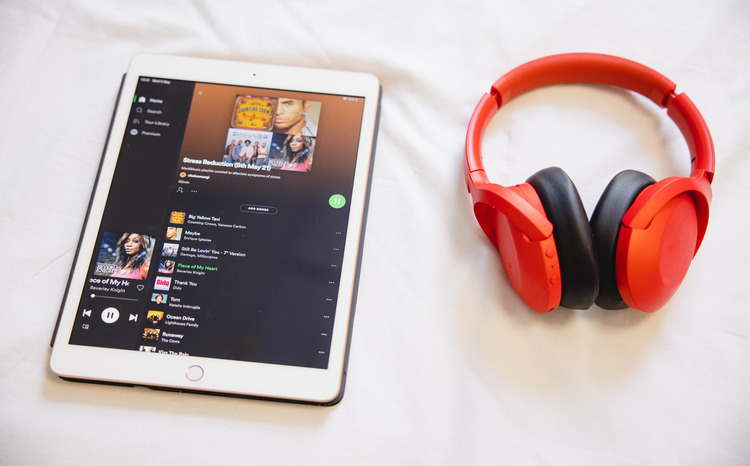Phone consultation fears ‘unfounded’
- 11 May 2010
Concerns that telephone consultations are less effective than face-to-face consultations may be mostly unfounded, according to an analysis in Scotland.
A study by Scottish doctors of 123 face-to-face and telephone consultations found that GPs do not substantially change their communicative behaviour on the telephone, and there were no underlying differences between the two types of consultation.
The findings followed an earlier study by the same researchers which found that telephone consultations were typically shorter than face-to-face meetings, included less disclosure by patients, less questioning by doctors and less discussion of problems.
GP Dr Brian McKinstry and colleagues from Edinburgh University looked at 177 consultations from eight GP practices in Scotland and conducted a detailed conversation analysis of 33 of the recorded face-to-face consultations and 32 recorded telephone consultations.
The analysis, published in the May issue of the British Journal of General Practice, found that there was little difference between the communicative approaches used by GPs in the two types of consultation.
GPs consulting by telephone used similar patterns of questioning, gave similar levels of information on follow-up arrangements and safety net advice, and closed the consultation in similar ways.
The researchers found, however, that GPs did carry out only cursory verbal examination when patients consulted by telephone about self-diagnosed conditions or treatment problems.
They said this was in contrast to training advice, which emphasises the need to compensate for the absence of visual cues and physical examination in telephone conversations.
The researchers said the telephone consultations were shorter because consultations were more likely to discuss only single problems – particularly those relating to new symptoms – treatment problems – such as difficulties with medication or persistence of symptoms – and administrative needs such as repeat prescriptions and letters.
In most of the telephone consultations for new symptoms treatment decisions were not made and patients were invited to a face-to-face consultation. For this reason the researchers concluded that using the telephone for triage of new, acute problems might not save time.
However, the researchers concluded that use of the telephone consultation was a viable model of service to offer patients and that the telephone could also be used more frequently for the care of patients with long term conditions.




